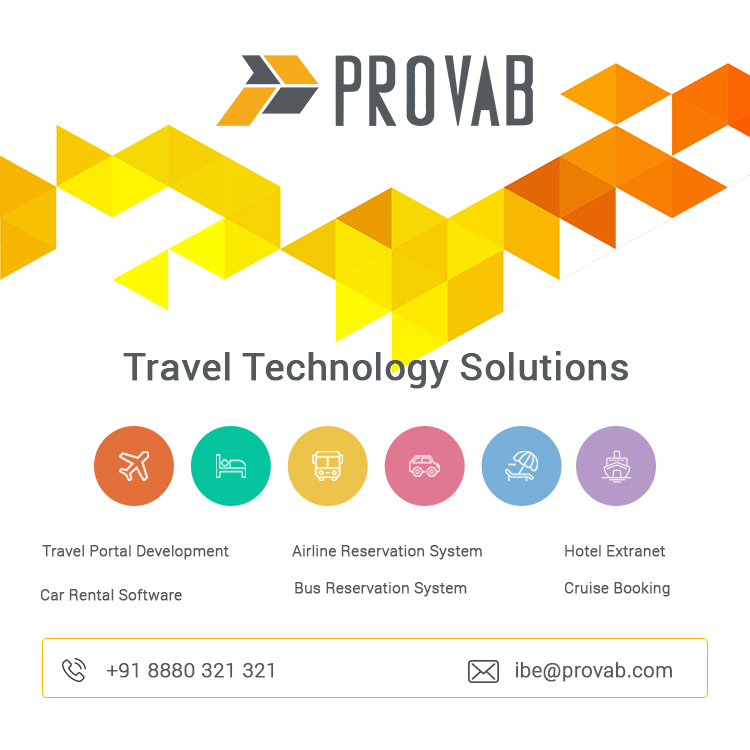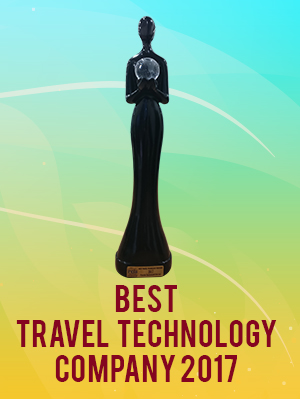
We have heard for the last 5 years that IATA’s New Distribution Capability (NDC) will drive a new era of airline retailing. This is the IATA message despite the fact that many airlines, especially the European full service carriers (FSCs), have linked NDC to GDS bypass and the elimination of TMC/OTA financial assistance. As mentioned on a recent BTN webinar, NDC adoption will require OTAs, metasearch, Corporate Online Booking Tools (OBTs) and TMC desktop point of sale systems (POS) to change, blending NDC unique offers with standard pricing from the GDS. Comparative shopping will be impacted as travelers try to evaluate different offers from carriers that bundle ancillary services or lower prices. So far, we’ve seen little evidence of any change in the way fares are displayed through indirect channels.
>> Looking for a Travel Technology? : Connect with Sales

One area not discussed in the NDC effort is the significance of mobile as a booking channel for managed travelers and how mobile airline apps could play a role in 1:1 marketing to the business traveler. Over the last few years I have spoken to hundreds of travel managers at companies across the globe for various research projects. Many travel managers still have trouble answering the basic question of how much leakage is going through supplier and OTA mobile apps. Often I find travel managers stuck in their 1990s/early 2000’s measurements of online booking adoption, and are not adequately tracking mobile bookings through supplier apps and OTAs which could significantly impact their traditional high adoption measurements.
There is no question that the three GDS are now committed to embracing NDC, but how long will it take to bring this rich content to the booking platform? While the sector is struggling with this refresh technology, airline applications are already providing a platform for more custom deals. Will the airlines wait until NDC provides the personalization channel with rich content? The answer to this question depends on the Airline. The FSCs in Europe – Lufthansa Group, IAG and AF/KLM are clearly leading the financial restructuring either though NDC direct connectivity or “private channels” that eliminate or greatly reduce “financial assistance”. American has offered TMCs an incentive to use NDC direct connect. The slow roll out of Concur’s TripLink is clearly one important solution to bring airline.com and direct app bookings to the travel and expense management system, but adoption from corporate side has been slow. The problem with both these solutions is that in an era of personalized NDC offers, understanding the Lowest Logical Airfare (LLA), a foundation comparison benchmark for effective travel management compliance and analysis, could be significantly disrupted. In fact it is likely some airlines will use their mobile app to offer unique ancillaries and possibly price to the business traveler whether they are part of a managed program or not. Every corporation needs to have a handle on their mobile leakage and create negotiation strategies with their preferred carriers to prevent unique offers through the airline’s mobile app. Adding an air booking capability to a TMC app to solve this problem misses the very point of the airline controlling the quote, the essence of NDC. Corporations need to keep in mind that airline retailing is designed to increase the profitability of the carriers and thus may directly conflict with travel management objectives.
The topic of customization has never been warmer for the worldwide travel industry. The amount of papers, conference topics and pitches for startups highlighting personalization has reached the cycle’s extreme hype stage. In reality, the theme of personalization has been around for decades. For the travel industry, personalization has its own set of barriers especially for the infrequent leisure traveler. Let’s take a deeper dive into the subject and separate the hype from the reality.
When I recommended Broadvision back in the early 1990s, I first became engaged in the attempts to personalize the travel industry. Before the burst of the DOTCOM bubble, Broadvision was the leading personalization platform. By 2000, Broadvision had contracts with major airlines (AA, TAM, Air Canada), Amadeus, EurailPass Forte Hotels, and IntraWest. Unfortunately, the Company’s fortunes were impacted hard by the DOTCOM bubble burst as their stock lost approximately 98% of its value by 2002. This did not mean the concept of personalization was dead, but instead indicated that the complex platform offered by Broadvision back in the 1990s was not able to meet the market’s needs.
Traditionally, personalization uses two basic techniques: explicit and implicit preferencing. Explicit preferencing asks the visitor to specify their preferences by selecting from a list of attributes such as “beach vacations”, while implicit personalization gleans a traveler’s preferences by their online behavior and past purchases.
So why is there so much hype about personalization today? Three driving forces (1) the customer experience with other e-commerce sites like Amazon and Netflix, (2) the maturation of AI technologies (3) the growth of social media. Foremost on the AI front is the ability to analyze and understand vast amounts of unstructured data, including social media behavior. Incorporating unstructured data helps extend the knowledge of the customer, as well as providing better interpretation of supplier content (e.g. understanding the themes of customer reviews). This may include using a Google-like search bar to ask a more detailed vacation request (e.g. New York Hotel with lap pool and close to Grand Central Station). Behind the scenes Natural Language Processing (NLP) is used to understand text, traveler intent and match the request with hotels that not only have a pool, but ones where lap swimming is possible.
>> Looking for an Online Booking Engine? : Connect with Sales

With the limited frequency of most leisure travelers, rather than offering true 1:1 personalization, many companies try to micro-target specific types of travelers within a group/segment (e.g. family, business, adventure travel, etc..). In general, the business travel segment is more attractive for personalization due to higher travel frequency and thus more data on the traveler’s preferences. In a corporate travel managed context, the challenge of personalization is that it may put the traveler’s preferences against corporate policy. Dependent on what level of detail of customer behavior is captured, the trade off between personalisation versus “the creepiness factor” is still a struggle as well. In addition, the fact that travelers may project different personas for a given trip or within the same trip, further complicates the effort toward 1:1 personalisation.
I would propose that a more important use of customer data is to provide support and services based on the traveler’s context. Simply put, context is the immediate need of the traveler (e.g. what are they doing right now and what they will do next). Getting context right is extremely difficult. In order to provide the right context, the travel supplier or intermediary needs to track the trip closely and provide services on a real time basis. For example, something as simple as a text message identifying local coffee shops received when the traveler awakes is an example of a contextually relevant message.
So don’t get caught up in the hype around personalisation and instead focus on a traveler’s immediate needs based on intimate customer knowledge. The more a supplier or intermediary can proactively communicate with a traveler throughout the travel cycle, the more effective the contextually relevant personalized communication can be and the more it provides a positive view of the supplier or intermediary.




